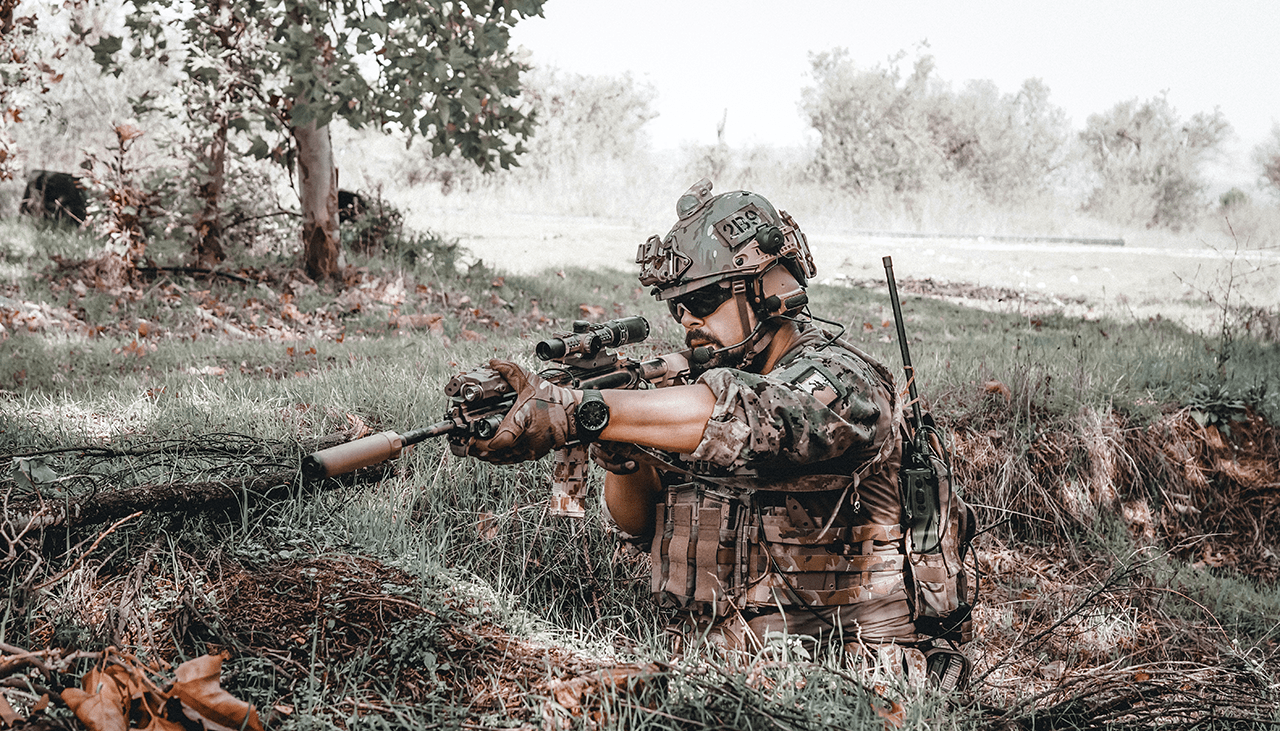The Allied Airborne Army played a pivotal role in securing victory for the Allies during World War II. However, despite its importance, there are many misconceptions and controversies surrounding their accomplishments. From debates about whether or not parachute infantry forces attributed to winning the war to disagreements on how effective certain tactics used by airborne troops were, it’s clear that more discussion is needed on this topic of historical significance. In this blog post, we aim to take a deep dive into detailing all facets of the Allied Airborne Army’s impactful contributions throughout World War II — from understanding the principles behind air power and ground combat techniques employed by paratroopers to addressing modern controversies and correcting long-standing myths or inaccuracies with regards to how they operated.
What has changed since hunting began in the modern age
Hunting is an activity that has been around for centuries, but many things have changed over the years. With the advent of firearms and other technologies, there are now more options available to hunters than ever before. Along with this increased access to tools, hunting regulations have also become stricter to better protect wildlife populations from becoming overhunted. Additionally, modern hunters must be aware of their ethical responsibilities by taking a ‘conservation through use’ approach that puts conservation at the forefront while still allowing them to pursue game animals responsibly.
Addressing common misconceptions about hunting
The most common misconception about hunting today is that it is cruel or unethical. Contrary to these beliefs, hunters play an important role in maintaining wildlife populations and balancing ecosystems. By taking a sustainable approach to hunting, they can ensure that wildlife numbers remain stable while still allowing them to pursue their passion. Additionally, hunters contribute immensely to local communities through the money they pay for licenses and other fees which go towards conservation efforts and other initiatives.
Responsible hunting practices and how they help to protect wildlife
The most important aspect of hunting is responsible practice. This includes following all regulations set forth by the local government as well as considering game management when deciding what animals should be hunted or not. For example, some species may be more vulnerable than others due to population size or location, so hunters need to consider this before pursuing these targets. Additionally, hunters should also consider their ethical obligations and make sure to practice a ‘conservation through use’ approach whenever possible.
The economic benefits of hunting for local communities
Hunting not only helps to maintain wildlife populations, but it can also provide an economic boost for local communities. Hunting contributes significantly to the economy by providing jobs and other work opportunities for people in rural areas as well as generating revenue from fees associated with licenses and permits. Additionally, any money earned through hunting is often reinvested into conservation efforts that further benefit the environment.
How technological advancements have enabled hunters to be more effective in their pursuits
Modern technology has made it easier than ever before for hunters to pursue game animals with greater accuracy. This is especially true about firearms, as advancements in design and manufacturing have allowed them to shoot farther and with greater precision than ever before. Additionally, technological advancements have also made it easier for hunters to scout their targets and identify the best areas or times to hunt with the help of GPS tracking devices, thermal imaging equipment, and other tools.
The ethical implications of modern hunting and why it is important to take a responsible approach
Along with any advances comes responsibility, which is especially true when it comes to hunting. To ensure that wildlife remains protected from overhunting, hunters must be aware of their ethical obligations by only harvesting what they need and taking a ‘conservation through use’ approach. Additionally, they should also take into consideration the effects of their actions on the environment and make sure to practice responsible hunting techniques at all times. By doing this, hunters can help to protect wildlife populations while still being able to pursue their passion responsibly.
How hunters can get involved in conservation efforts
Hunters play an important role when it comes to preserving wildlife and habitats by taking a ‘conservation through use’ approach. They can also get further involved by donating or volunteering with local organizations that are dedicated to protecting wildlife and educating others about the importance of sustainable hunting practices. Additionally, hunters can use their influence to advocate for better regulations that address overhunting or habitat destruction so that future generations will be able to enjoy the same wildlife that we do today.
